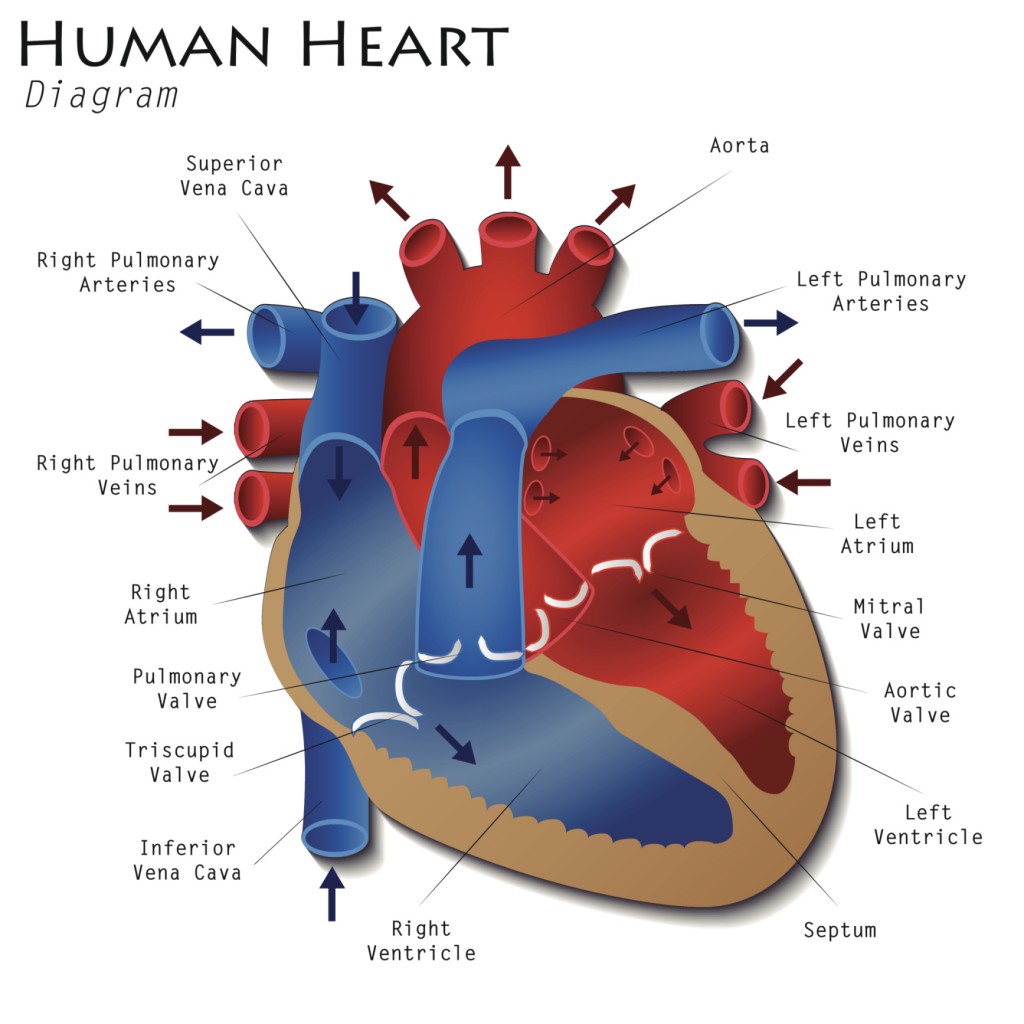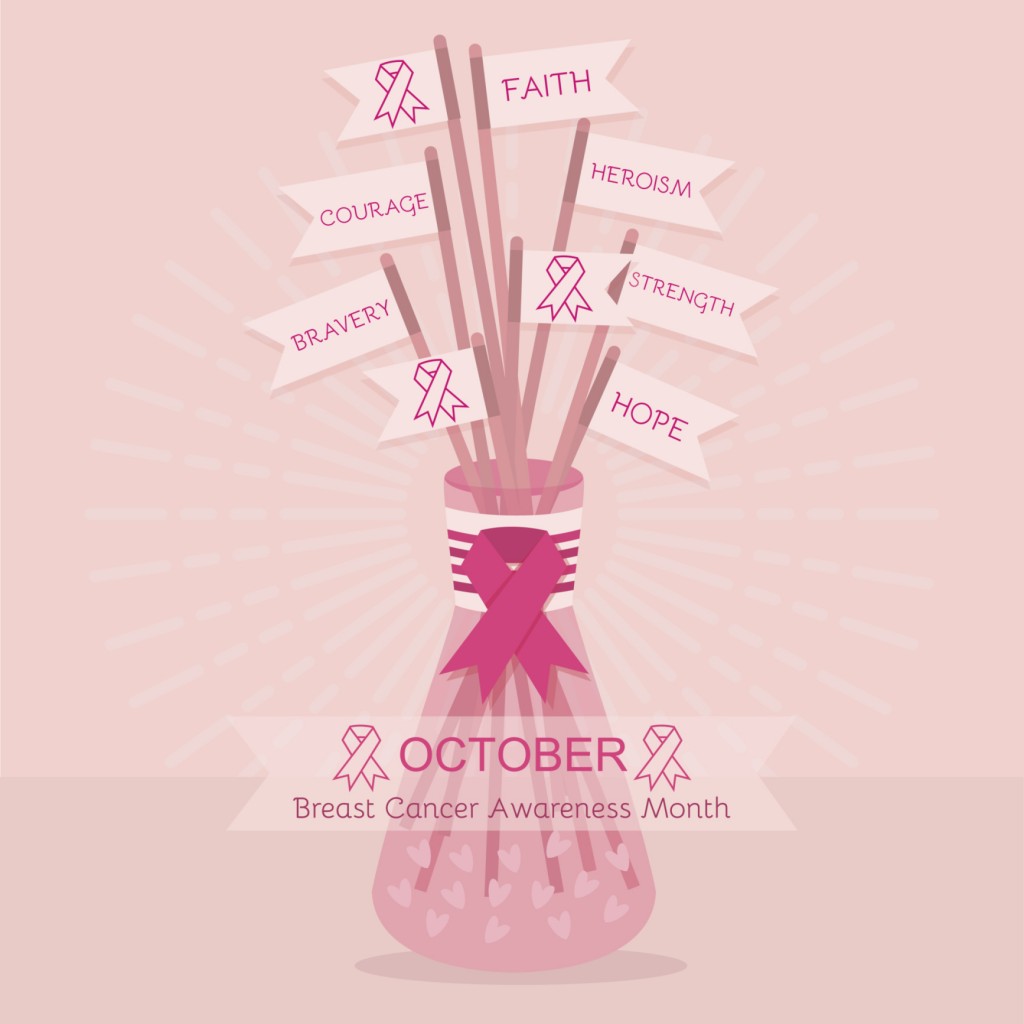
Whether we like it or not, ladies, menopause is a reality we all eventually need to face. But how familiar are you with what actually happens when the time comes? Do you know what the signs and symptoms are? Let’s take a moment to review some of the basics so you are well-versed once the time comes. Knowledge is power and the more you know, the easier it is to make the adjustments with ease.
Menopause is a natural occurring event that all women will experience, usually in their early 50’s, when their ovaries cease producing estrogen. The solution was hormone replacement therapy. The history of hormone replacement in women has seen many swings in popularity over the past few decades. In 1991 the National Institutes of Health (N.I.H.) launched the Women’s Health Initiative (WHI) study designed to test the effects of hormone therapy on heart disease, bone fractures, breast cancer and colon cancer. In 2002 the study was stopped because the Provera group was associated with a slight increase in the incidence of breast cancer, heart attack, stroke and blood clots.
Millions of women in the U.S. stopped their hormone out of fear and they entered into “hot-flash hell”. A recent careful re-analysis and follow up review of the data has revealed that the actual risks of breast cancer, stroke and heart disease were NOT increased over time and were, in fact decreased; especially in women who were perimenapausal when they initiated hormone therapy.
After a decade of fear and confusion regarding the risks and benefits of estrogen replacement therapy, medical studies have now clearly established its safety and its health benefits.
If you would like more information on menopause, contact Dr. Gordon C. Gunn MD at 714-912-2211 or visit www.gordongunnmd.com to schedule an appointment today.
Dr. Gordon Gunn proudly serves Fullerton and all surrounding areas.




